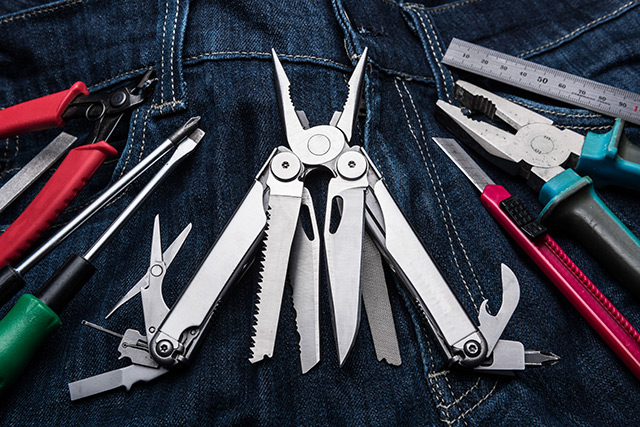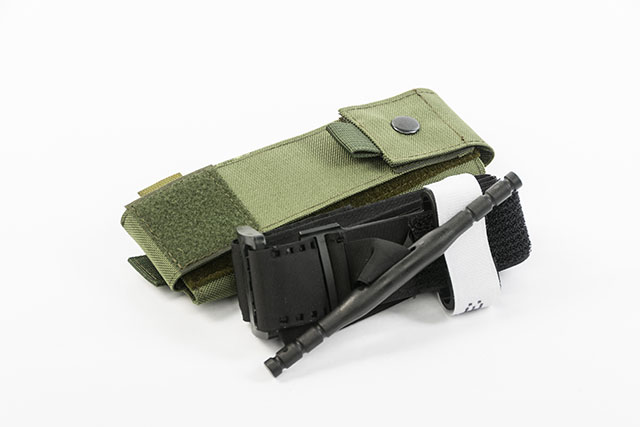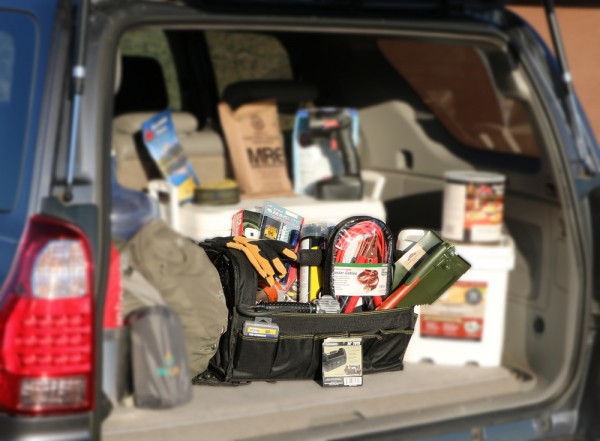Thanks to a revival of the Second Amendment among state (and, to a degree, federal) lawmakers, it is becoming legal in more states to carry a concealed handgun. Some states still require training and licensure, while other states simply recognize that the Constitution does not put limits on gun ownership and the right to keep and bear arms just about anywhere.
While some favor laws requiring classes and licensure and others so-called “constitutional carry” laws – being able to carry a gun without first having to take classes and obtain a license – how you carry your firearm is a subject of debate as well.
For the record, I personally don’t agree with a licensure requirement, but I do recommend taking a concealed carry course so you learn the laws of your state, as well as relevant federal case law, because if you ever have to defend yourself with a firearm and it results in the use of deadly force, your life will change forever. It behooves you to know and understand what your state statutes say about the use of deadly force. (Related: Read Trump To Push For Nationwide Concealed Carry So That Citizens Everywh ere Can Defend Themselves Against Violence.)
In any event, one of the most popular methods for carrying concealed is the so-called “fanny pack” – a specially designed holster, per se, that fits around your waist and holds both your handgun and one or two magazines for reloading. The reason why these are popular is because they are generally more comfortable and adaptable for users. But there are some disadvantages too (h/t U.S. Concealed Carry Association).
While some believe that fanny packs make drawing your firearm a much slower process that requires both hands and that they are too obvious, these can also be used as potential advantages as well.
— Comfort: If you’re going to carry a handgun, you’ll want to do so as easily and as comfortably as possible. Handgun fanny packs are, without question, much more comfortable to use than a traditional waist holster, shoulder rig or an ankle holster.
When you sit, you won’t have a holster digging into your side, there are no worries about your shirt raising up and exposing the weapon, you can sit much easier in any chair, and it is far less likely that many people will even know that you’re carrying.
One thing you’ll want to refrain from doing is loading up your fanny pack with other things like your car keys, cell phone, wallet, pocket knife, etc. The next thing you know you have so much stuff in there pulling your handgun out will be impossible without spilling your contents. Also, too many other items will make drawing your weapon even slower.
— Protection: Fanny packs also keep your handgun protected – from sunlight exposure, rain, snow, dust and mud. As USCCA notes:
The compartment that holds your handgun is sealed against the environment. When I carry my handgun in my fanny pack, the dust, lint and crud is not there. When I wear my inside the waistband holster, the crud seems to gravitate to it after a few days of wear. This is not a big concern if you clean your handgun as often as you should, but it is nice to know that fanny packs keep handguns clean.
— True concealment: Depending on where you live, chances are very good that most people will not know that you’re carrying a gun inside your fanny pack, and that’s a good thing. Percentage-wise, most people do not know what a handgun fanny pack even looks like so they’re likely to assume that you’re carrying keys, wallet, etc. in yours.
If you can, get a pack that isn’t black. Black packs are often worn by off-duty police officers and some experts say the color of the pack can give it away. Also, you can buy colors that better match your wardrobe, making it even less conspicuous. (Related: Read More States Pushing To Allow Concealed Carry Of Handguns On College Campuses.)
However, before you get online or jump in the car to go buy a fanny pack, there are some cons you also should be aware of.
— Danger at the range: Experienced shooters say carrying a firearm in a fanny pack at a firing range alongside others is a legitimate concern. Many firearms instructors do not allow beginners and intermediate shooters to use them at their ranges. Safety is paramount, so pulling a gun out of a fanny pack can be much less safe than simply pulling it out of a holster; if instructors allow fanny pack use, shooters are instructed to turn their bodies and fanny packs toward the target, and when removing the handgun, ensuring the muzzle is pointed downrange, toward the target.
— Takes two hands: Retrieving a handgun from many fanny packs is most often a two-handed operation, and that can take a bit of extra time. However, if you practice, you can get pretty good at retrieving your handgun with only one hand. Just take some time every day to practice the move an you’ll become proficient in no time. Always make sure to unload your weapon completely (take the magazine out and make sure there are no rounds in the chamber) before you practice removing it from its pack.
If you can, you should always be armed in today’s uncertain world. Finding the right tool that will allow you to carry safely and comfortably is vital. The concealed carry fanny pack is one sure-fire way to accomplish both.
J.D. Heyes is a senior writer for NaturalNews.com and NewsTarget.com, as well as editor of The National Sentinel.
Learn more tips at Guns.news.
Sources include:
USConcealedCarry.com
NewsTarget.com





























